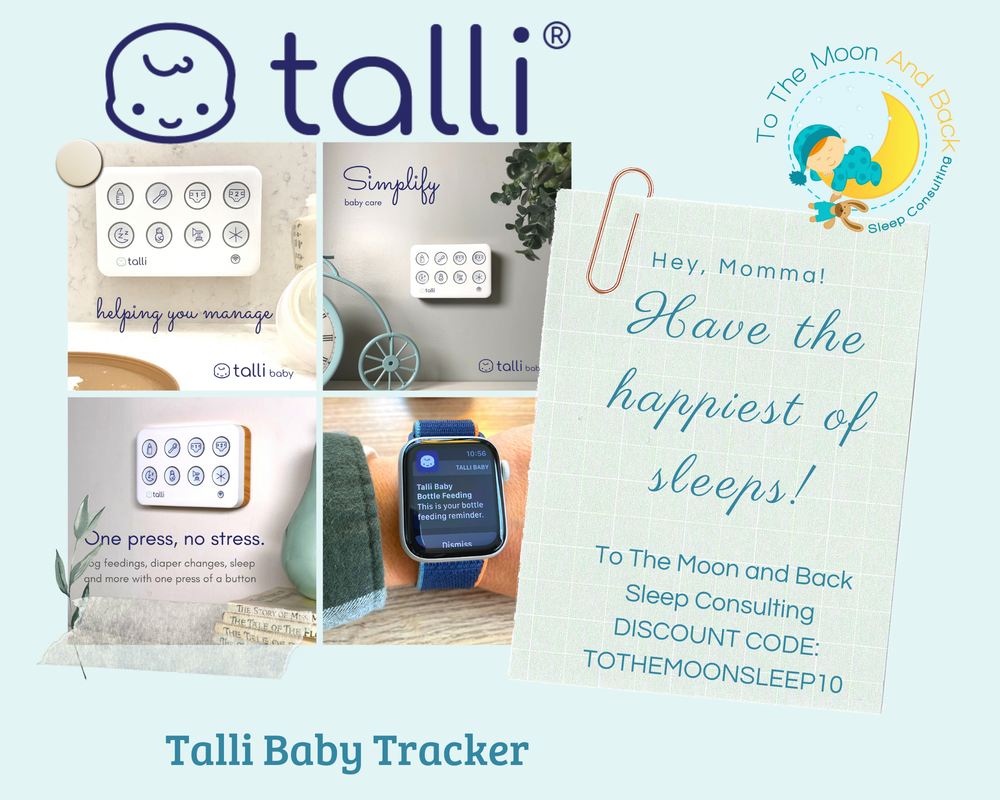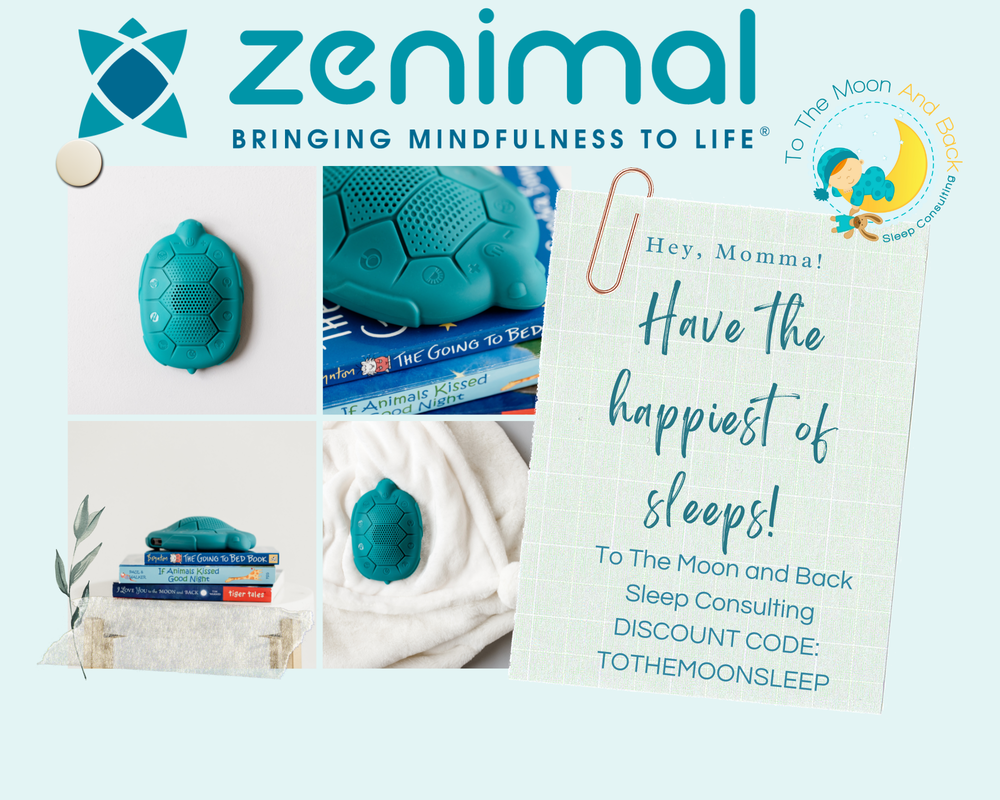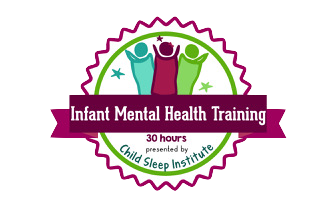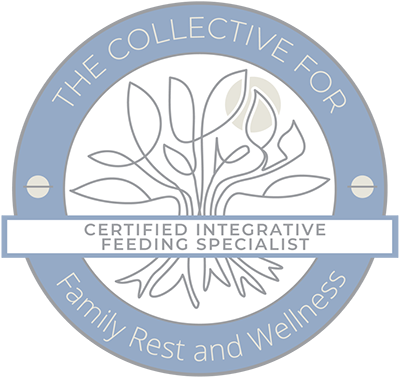|
So you’re on the fence about this whole, “Teaching your baby to sleep,” thing. On the one hand, you know that sleep is essential for everyone in your family. You’ve read all the literature and have come to agree with the consensus of the pediatric community that sleep is vital to your baby’s development and well-being. You’re 100 percent positive that your little one needs some help learning how to sleep well, and you’re dedicated to helping them overcome this obstacle. And on the other hand, you’re nervous as hell about it. Almost every parent I’ve worked with has started off absolutely riddled with anxiety. They know there’s a problem that needs fixing and they’re committed to that solution, but even with all of the research and evidence that this is a safe, effective process, they’re still on pins and needles.
So, what’s happening here? Is this your maternal instinct kicking in? Are you subconsciously aware of an underlying threat to your baby? Is mother nature trying to tell you not to teach your baby to sleep? Well, sorry to be ambiguous, but the truth is, it’s complicated. Sleep deprivation stimulates activity in the amygdala, which is a part of the brain that controls several of your immediate emotional reactions. According to a 2007 joint study between Harvard Medical School and U of C Berkeley, “...a lack of sleep inappropriately modulates the human emotional brain response to negative aversive stimuli.” Or, in layman’s terms, you’re likely to overreact when things go bad. So when, say, your baby starts to cry, you’re less inclined to think, “I wonder what she needs,” and much more likely to think things like, “I’m a complete failure as a mother.” This is what happens after one night of sleep deprivation, so you can imagine what chronic lack of sleep over the course of weeks, or even months, can lead to. You may even be experiencing it right now. It leaves you feeling helpless, inadequate, and riddled with anxiety. Alright, that’s the sleep deprivation part. Let’s look at the other major reason that this process can be so difficult, and the real elephant in the room when it comes to this whole endeavour. - Crying. Will your child cry when you’re teaching them this skill? Here’s the straight answer. It is extremely likely, bordering on an absolute certainty that, yes, your baby’s going to cry when you implement these new rules around bedtime. Is your baby also going to cry when they get dropped off on their first day of school? Again, we’re looking at about a 95 out of 100 probability. Will you baby throw a fit when you turn off their favorite cartoons, or when they get their first taste of asparagus, or when they’re told not to eat dirt? You betcha. And even though you know they’re not in any danger or genuine distress in those situations, you’re still going to feel your heart explode when you hear your baby crying. But again, if we look at this objectively, we can see that there’s an actual reason why the sound of a crying baby causes us such distress, and it’s not because of the actual level of urgency. Dr. David Poeppel, Professor Of Psychology & Neural Science at NYU, found that a crying baby differs from other environmental noises in something called the “amplitude modulation rate,” meaning how often the loudness of a sound changes. Crying babies, along with car alarms and police sirens, have a modulation rate of about 100 times per second, compared to a regular speaking voice, which hovers somewhere between 4 or 5. Experiments with an MRI to monitor the brains of people while listening to a variety of sounds, Poeppel found that baby screams have a unique ability to trigger activity in… you guessed it, our old friend, the amygdala. Where I think I can be of the biggest help here is by getting you to realize that your brain, despite having some really noble intentions, is playing tricks on you. It’s making you feel negligent. It’s making you think that your baby is in desperate need of something they’re not. It’s attempting to get you to address an immediate situation because it’s incapable of appreciating the long-term solution that you’re working towards. As with most instinctual habits, this one is more easily dealt with when we can appreciate not just what we’re feeling, but the science behind why we feel what we feel, so I wanted to provide you with that vital tool before you take on the challenge of helping your baby sleep through the night. Now that you know; it's time to take that leap of faith and take the next steps in the journey to helping your little one learn to sleep well independently. We can do this together! Erin AuthorErin Neri - Pediatric Sleep Consultant and Owner of To The Moon and Back Sleep Consulting since 2016. Let me just throw a little disclaimer out in front of this post by saying that I’m neither a doctor nor a professional research scientist. I’m a sleep specialist with a fascination for all things sleep-related, and I follow the latest research and studies in the field. Typically when I write these posts, I like to rely on peer-reviewed studies that have been evaluated, replicated, and borne out conclusive evidence to support them, but today I’m focusing on something that’s a little on the speculative side, since it’s a relatively new theory, and it’s a super interesting one for anyone with a seemingly “restless” baby. Now, when a parent tells me they have a restless baby, I have a series of questions I tend to ask in order to determine whether it’s due to a “sleep prop.” That’s industry terminology for something that Baby’s grown dependent on in order to get to sleep. Breastfeeding to sleep, rocking to sleep, sucking on a pacifier, stroller rides, are all examples of these “sleep props.” And most of the time I find that, yes, that’s absolutely the problem, and we address it and things get significantly better in a few nights. I first heard mention of an interesting theory during the 2019 World Sleep Conference and was really interested to hear more about it, but didn’t want to write about it until a little more string had been played out in the research department. And even though it’s still too early to state anything unequivocally, I thought the time might be right to at least share what I’ve learned so far, so here goes... 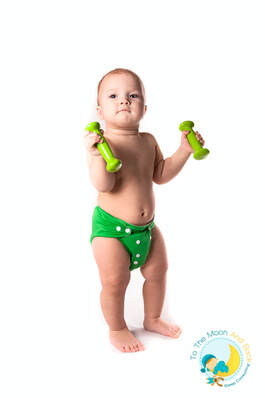 So we’re all familiar with iron, right? Everybody knows about iron, the essential mineral that helps red blood cells carry oxygen around the body. That function right there makes iron a downright essential component of our circulatory system and therefore our overall health. Iron deficiency, commonly known as anemia, also happens to be the single most common nutritional deficiency worldwide. The vast majority of those cases are in developing countries, but the numbers in North America and Europe are still alarmingly high. In the US alone, there are around 2.8 million visits to physicians annually where anemia is the primary diagnosis. So, in short, a LOT of people aren’t getting enough iron. Now, if you follow health news at all, you’ve also probably heard a lot about something called Restless Leg Syndrome (RLS) lately. If you’re not familiar, RLS, also known as Willis-Ekbom Disease, is exactly what it sounds like; a condition that makes your legs feel restless. People with RLS describe the sensation as an irresistible urge to move accompanied by uncomfortable sensations in their lower limbs. Standing up and moving their legs typically remedies the feeling almost instantly, but only temporarily. Symptoms occur more frequently when individuals are sleeping or lying down. RLS is also a bit of a mystery when it comes to its cause. According to the National Institute of Health, “In most cases, the cause of RLS is unknown. However, RLS has a genetic component and can be found in families where the onset of symptoms is before age 40. Specific gene variants have been associated with RLS. Evidence indicates that low levels of iron in the brain also may be responsible for RLS.” So now comes the big question… could those restless babies that I was talking about earlier possibly be suffering from some variety of Restless Leg Syndrome due to an iron deficiency? In a 2008 joint study from the Southern Illinois University and Carle Clinic Association, 1.9% and 2% of children and adolescents respectively were shown to have Restless Leg Syndrome. A 2020 study from the BC Children's Hospital Research Institute entitled Iron deficiency and sleep - A scoping review, found that iron supplementation was tremendously effective in treating a number of sleep disorders, including RLS. Sample sizes were small and the data collection process leaves a little to be desired, but it’s still a good indication that iron plays a big role in the quality of sleep. Unfortunately, diagnosing RLS isn’t an exact science. There are no markers or proteins to test for. It’s done by a doctor’s evaluation of the patient’s description of their symptoms, and for that reason, the only people who have been diagnosed are individuals who are capable of explaining what they’re experiencing. And guess who that leaves out… You guessed it; Babies, toddlers, and as theorized in a 2005 study, a significant number of children.
So back we go to the 2019 World Sleep Conference where one of the speakers put forth the theory that either RLS, or a variant of it, might be responsible for some babies being overly restless. Restless Sleep Disorder, as researchers have described it, hasn’t been thoroughly researched yet, but evidence suggests that it could be an early variant of restless leg syndrome which in some cases could be caused by insufficient iron levels. Or, as they more eloquently put it in their conclusion, “We have characterized clinically and polysomnographically children with RSD and attempted a new diagnostic category. We also have identified an association between RDS and iron deficiency. Future larger studies are needed to confirm these findings and evaluate the natural progression of restless sleepers.” So again, I’m not trying to offer medical advice here. I just thought this whole line of research and discovery was fascinating and wanted to share it with all of you. If your little one is one of those overly animated sleepers, it might be worth asking your pediatrician to check their iron levels. Even if it’s not the cause of their sleepless nights, anemia is something you’ll want to remedy. And remember, if your baby fits into the other category, the much more prominent category who have trouble falling asleep because of their dependency on a “prop,” I’m here to help you solve that problem. It may not be as simple as taking an iron supplement, but I can say unreservedly that it’s worth the effort to get your baby sleeping through the night. AuthorErin Neri - Pediatric Sleep Consultant and Owner of To The Moon and Back Sleep Consulting since 2016.  Mommy Connections introduces you to programs and services available within your community. Our classes provide a unique learning opportunity as well as a fun way to bond with your child and other moms in a social environment. Each class offers opportunities to hear presenters speak to a topic that is important or of interest for you as a mommy and for your little one(s). This allows for a unique bonding opportunity with your little one while still fulfilling your need to obtain information and be social with other moms experiencing the same challenges, fears and excitement. Mommy Connections Sherwood Park also plans regular events and workshops that cater to the needs of the modern family! |
To The Moon and Back Sleep ConsultingProviding families the tools & support they need to get their little ones sleeping through the night and napping like champs! Everyone has more fun when they are well rested! Visit Wollino - Discount Code: TOTHEMOONANDBACK10
Browse
All
|
All information provided on this website, including texts, images, and other materials, are for informational purposes only and should not be considered a replacement for assessment or treatment by a healthcare provider.
© COPYRIGHT 2016-2024 TO THE MOON AND BACK SLEEP CONSULTING. ALL RIGHTS RESERVED. WAKING GIRL WEB DESIGN
© COPYRIGHT 2016-2024 TO THE MOON AND BACK SLEEP CONSULTING. ALL RIGHTS RESERVED. WAKING GIRL WEB DESIGN


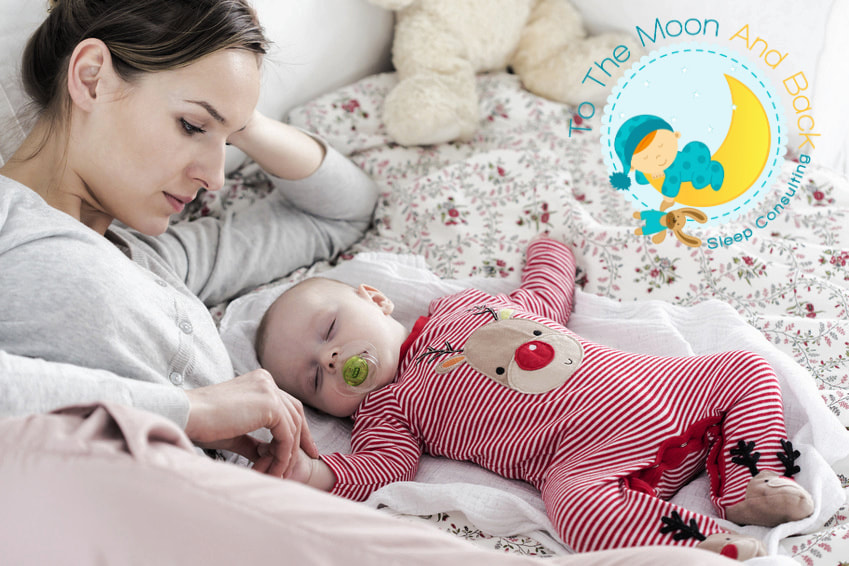
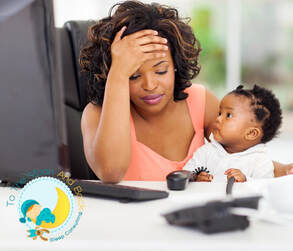
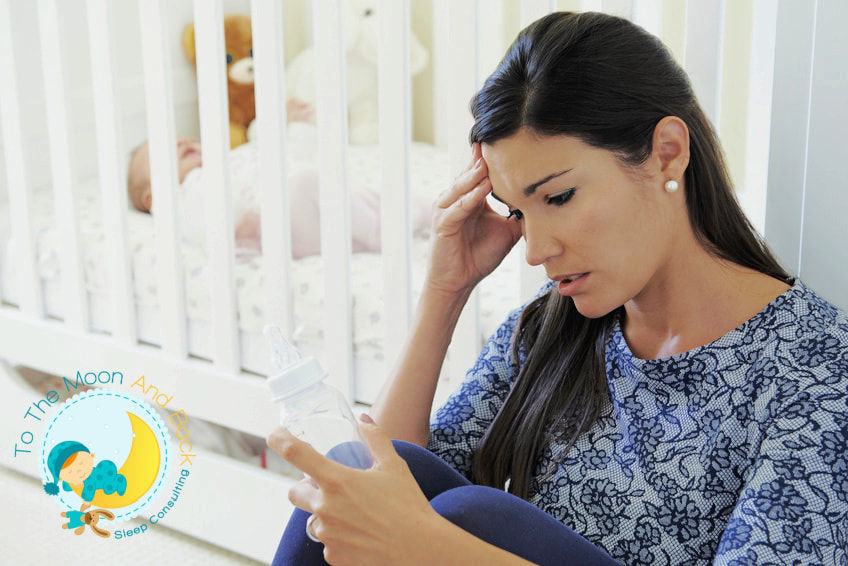
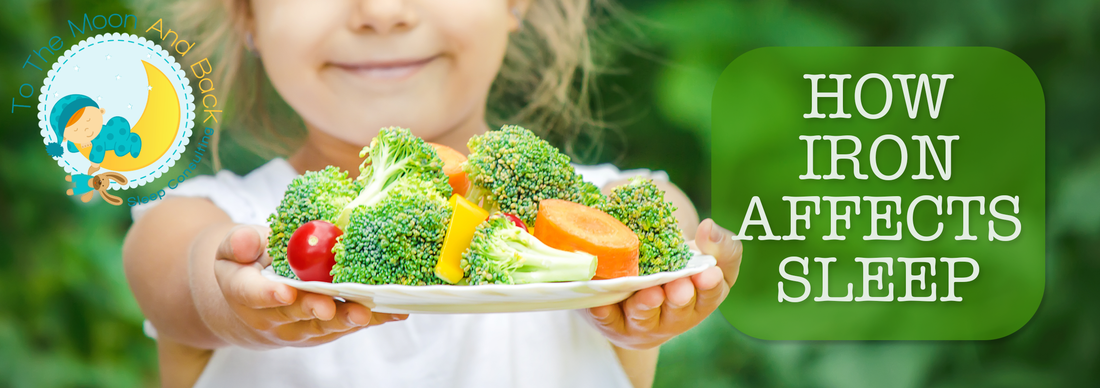
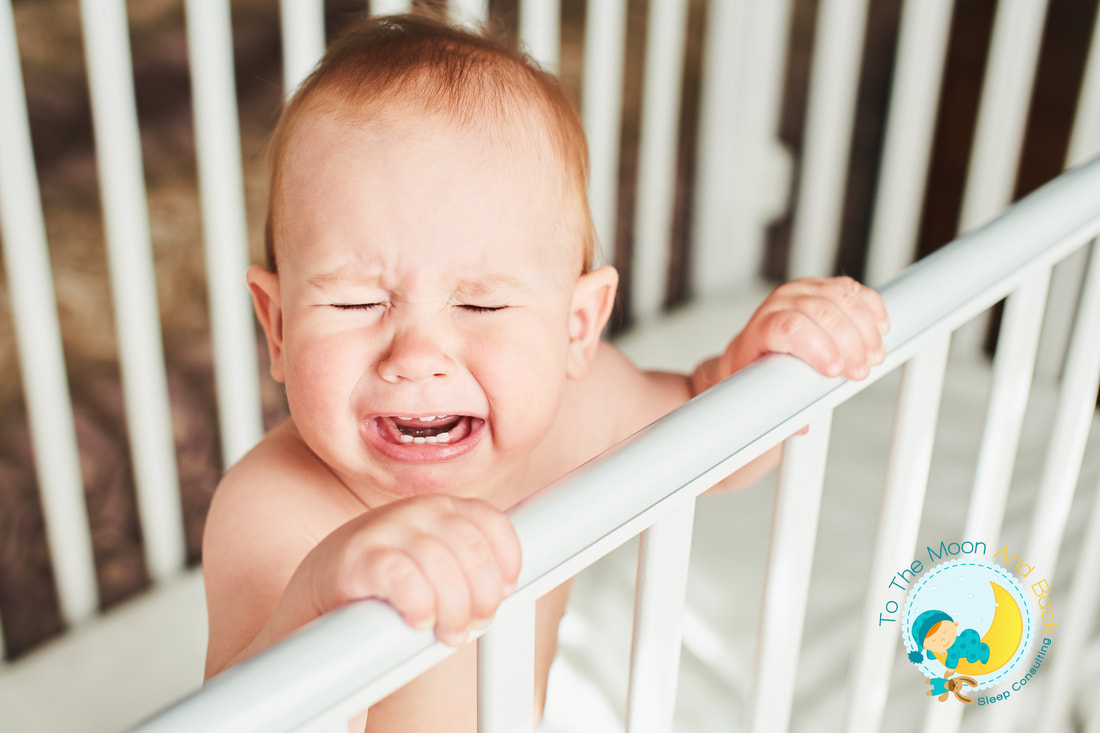
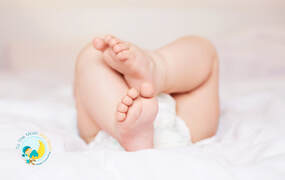
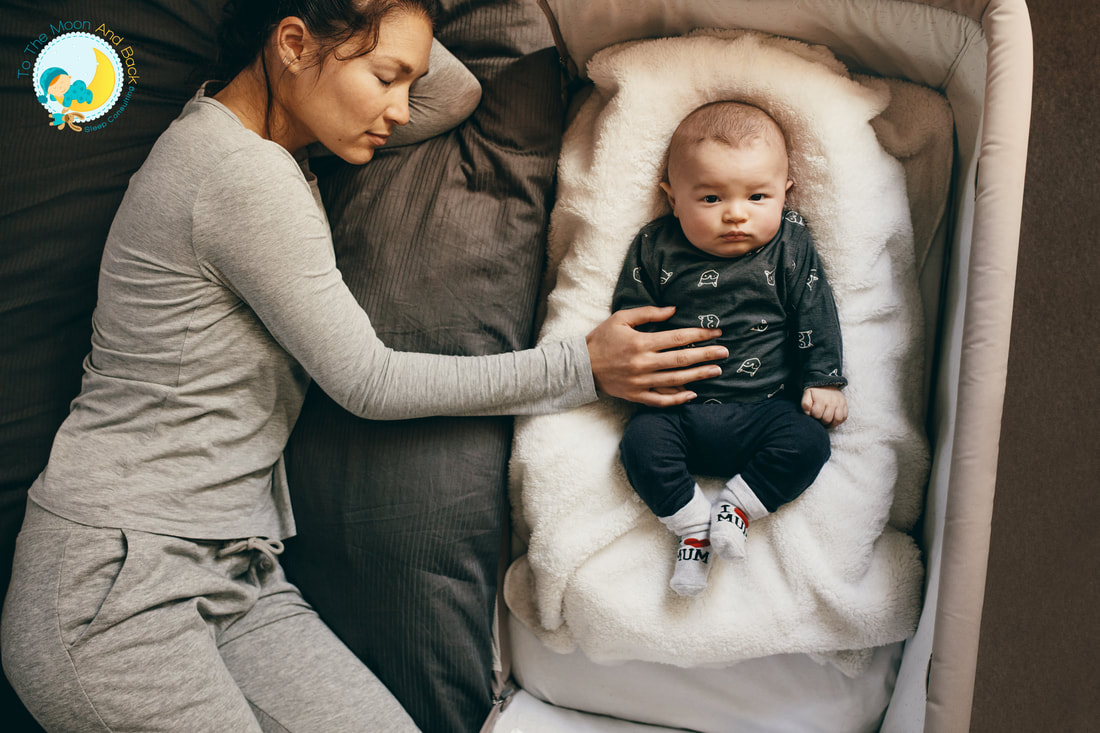
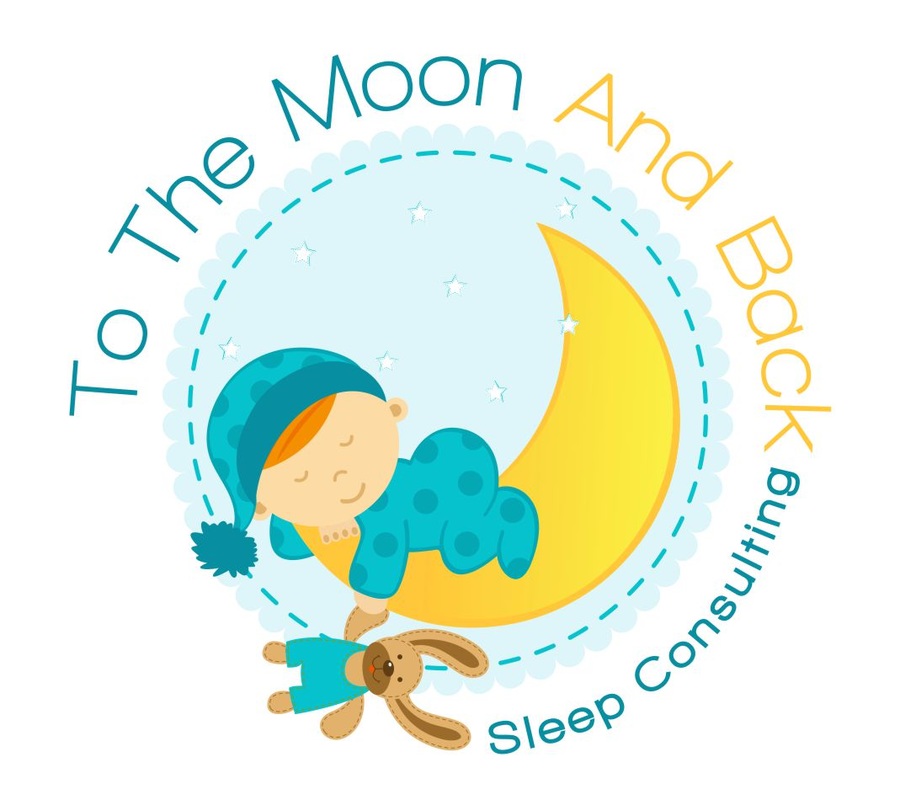
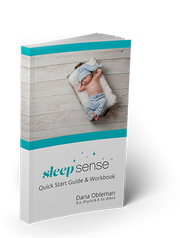



 RSS Feed
RSS Feed

